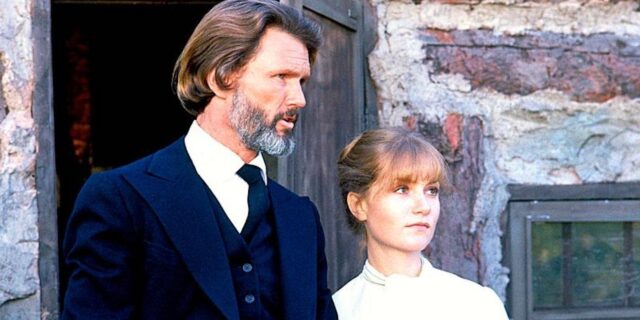Few movies are as notorious as Heaven’s Gate. The movie was the idea of former Hollywood icon Michael Cimino and was his sequel to the well-regarded Vietnam War drama The Deer Hunter. Since it won both the Best Picture and Best Director Oscars at the 1979 Academy Awards, Cimino was given complete creative license to make Heaven’s Gate. The filming that followed was among the most tumultuous in movie history, going behind schedule almost right away due to an ever-rising budget.
Stories of Cimino’s autocratic conduct have gone down in movie legend; they range from his refusal to start production until the clouds moved into a position he liked to his insistence that an entire set is destroyed and then rebuilt because it appeared to be slightly off. Although it damaged his relationship with United Artists, Cimino persisted in following his vision and believed he was creating a masterpiece.
The ensuing three-and-a-half-hour movie was widely regarded as one of the worst ever created when it was first released. The response was so negative that the studio had the unheard-of choice to take it from cinemas, cut off an hour of content, and then release it again six months later. However, the damage had already been done. Aside from ending Cimino’s career, Heaven’s Gate’s box office failure is among the worst ever. It also put the hammer on New Hollywood, an American cinematic style that had reigned since the middle of the 1960s.
Some of America’s best minds were able to flourish in ways that the studio structure would never have permitted, yet this lack of constraint did not sit well with the producers due to its director-driven approach and unrestricted use of forbidden themes. The absolute failure of Heaven’s Gate provided an instantaneous response to the significant concerns about the viability of the movement that the dreadful making of Apocalypse Now generated, along with a rising number of box office failures. There aren’t many movies that can claim to have ruined a whole style of filmmaking, but Michael Cimino pulled off the unthinkable by turning Heaven’s Gate into a stinging indictment of artistic arrogance that demonstrates why putting creative constraints on large-scale productions is important.







